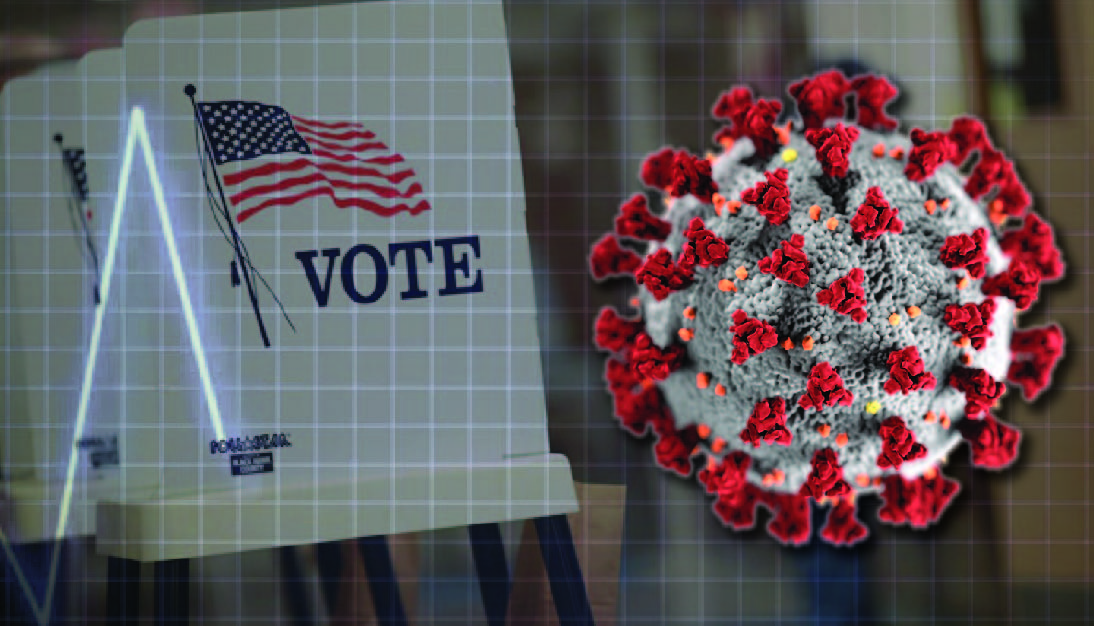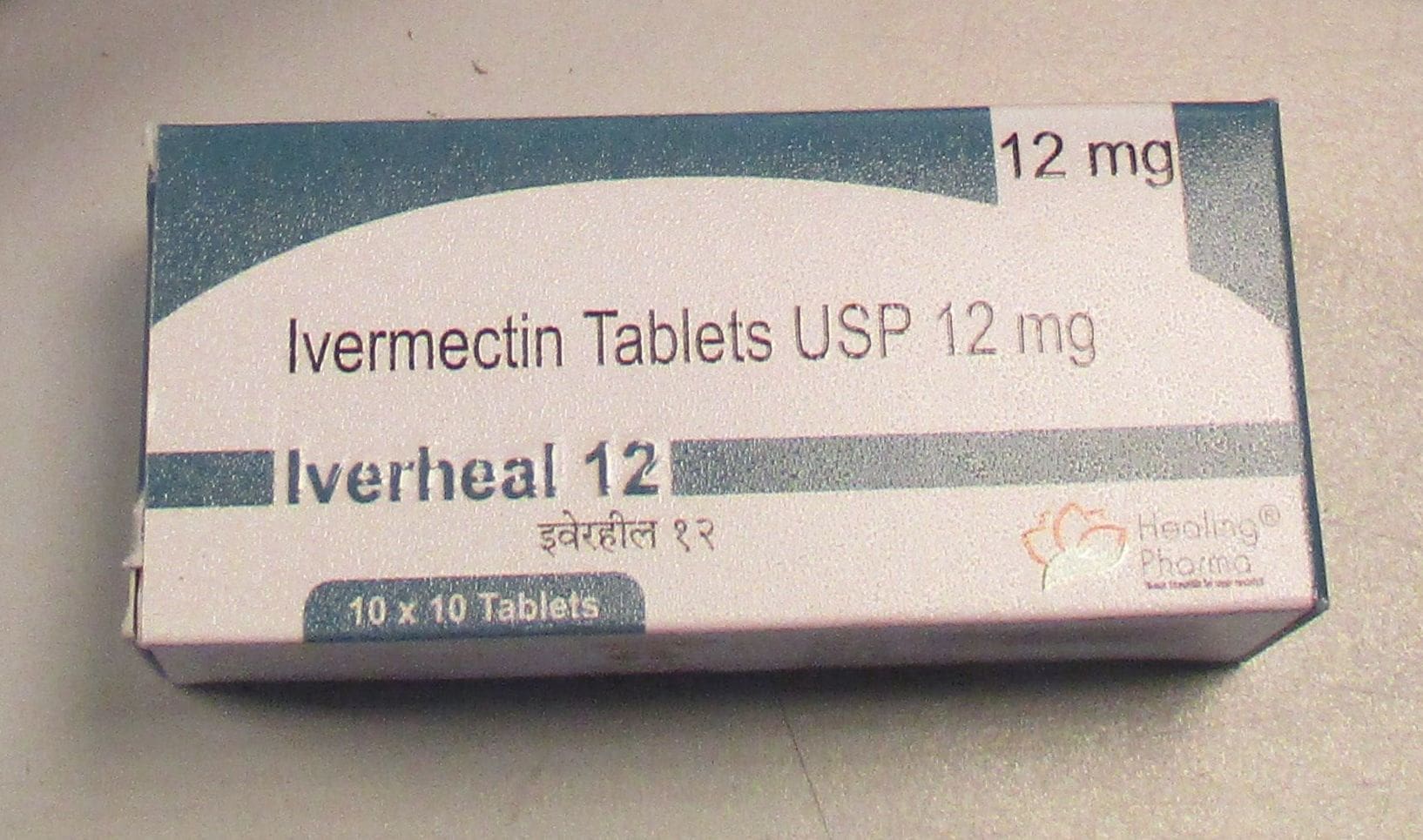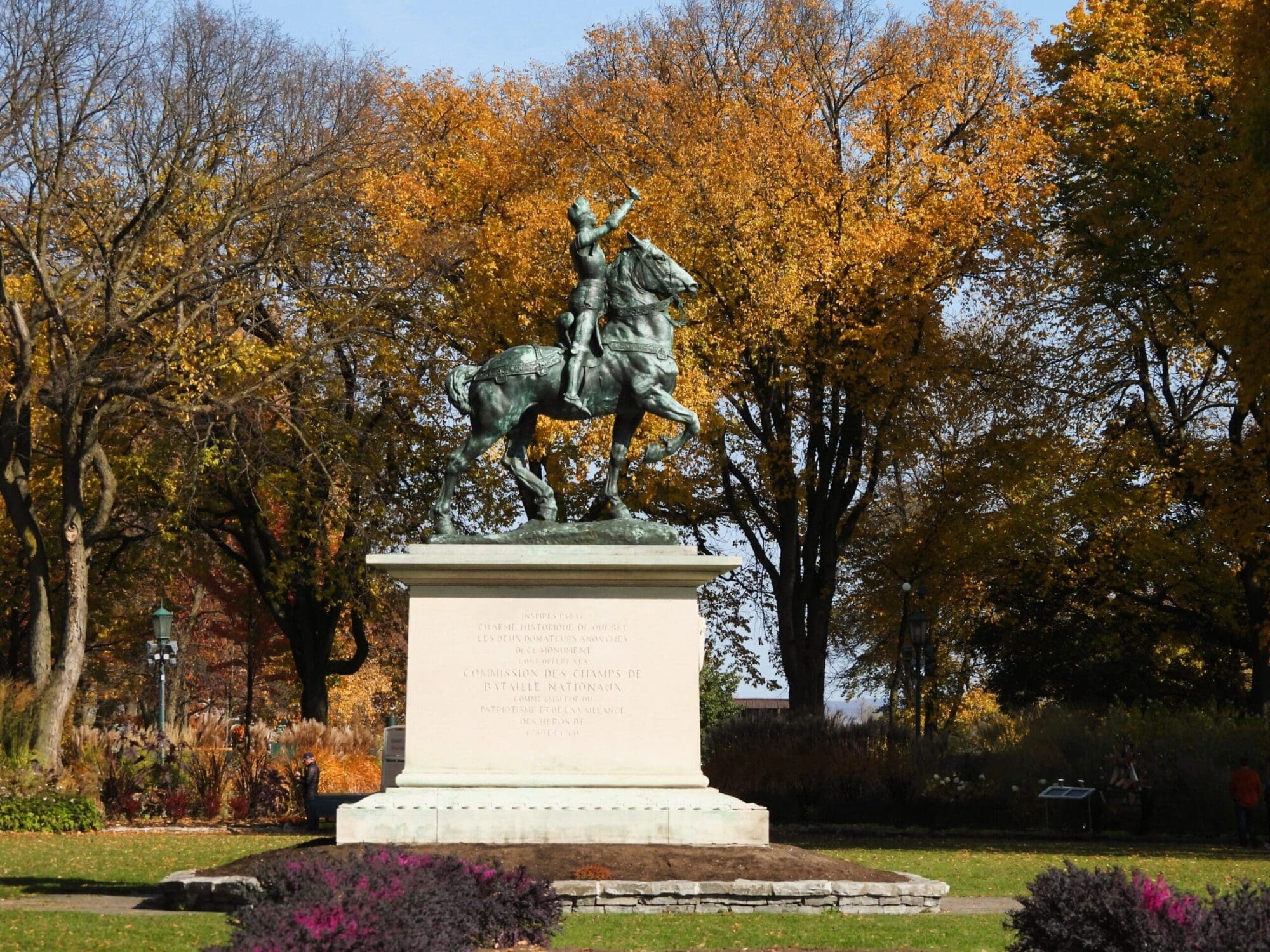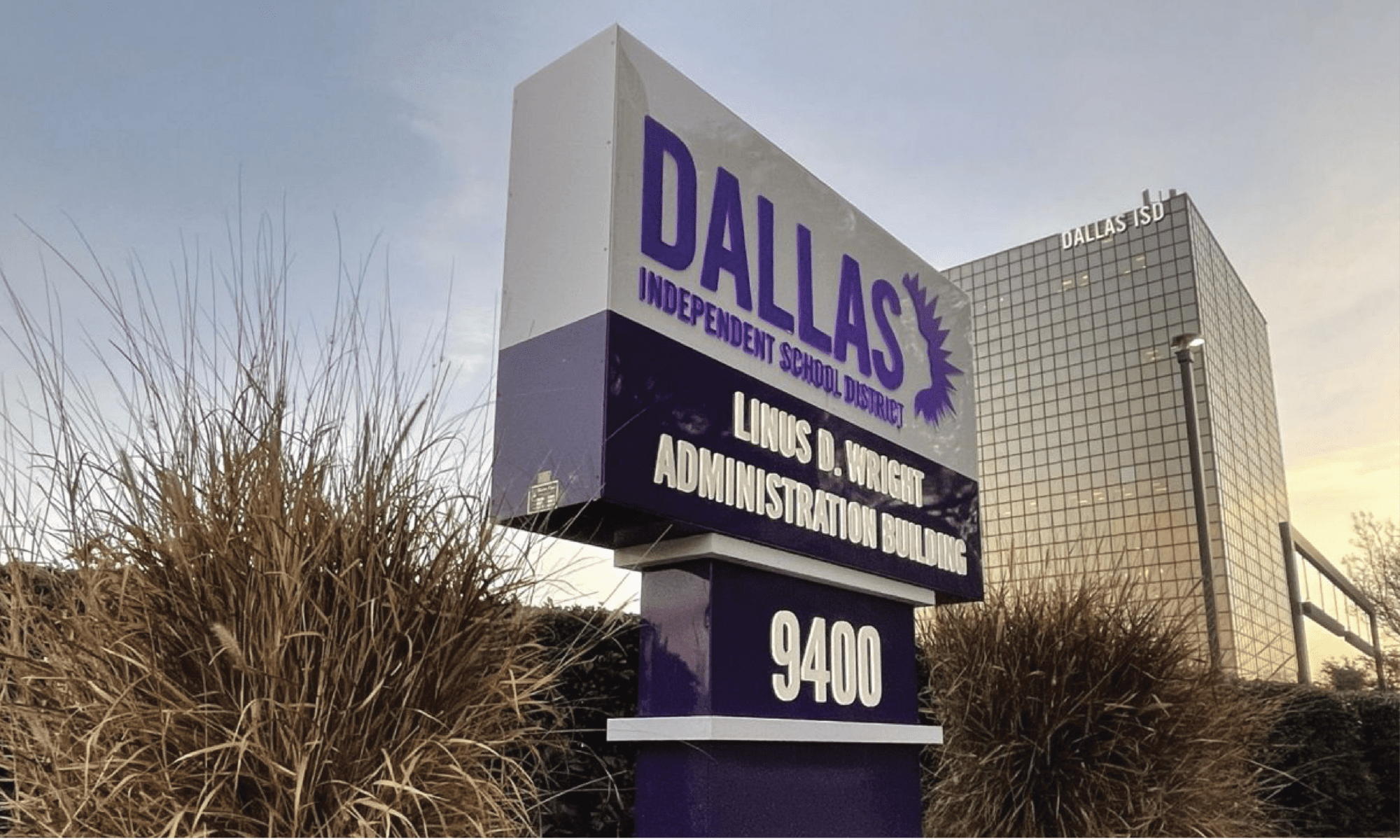As concerns mount around the nation and world about the coronavirus outbreak, some of the effects are starting to be felt in the Lone Star State. Some even wonder if it could affect Texas’ primary runoff elections.
On Friday, Austin Mayor Steve Adler and city officials made the decision to cancel the popular SXSW festival in Austin, a first in the festival’s 34-year history, due to concerns stemming from coronavirus (also known as COVID-19 or the Wuhan virus.)
On Sunday, U.S. Sen. Ted Cruz announced he would be placing himself into a voluntary self-quarantine after learning he had come into direct contact with an individual at CPAC, a political conference in Washington, who later tested positive for the virus.
And on Monday morning, Lt. Gov. Dan Patrick announced that all interim committee hearings set for the coming weeks would be rescheduled; one of his spokesman said he believed it was “the prudent thing to do at this time, as Texas continues ongoing efforts to contain and mitigate the impact of COVID-19.”
With early voting in Texas’ primary runoff elections just over two months away, could the elections be next fatality of the coronavirus outbreak?
Delayed elections are nothing new in Texas politics; voters only have to look back at the 2012 primary elections to know that. In that year, federal judges pushed back the date three times while they worked to approve new district maps passed by the state legislature, ultimately delaying the primary to May 29 with the runoff election on July 31.
In that case, the delay was brought about by court orders. But what about a state of emergency?
According to the National Council of State Legislatures, at least nine states have detailed statutory language governing emergency situations. Florida, Louisiana, Maryland and Virginia, for examples, vest the governor with emergency power to delay an election.
Texas’ election code is clear about the date for primary runoff elections, designating on the fourth Tuesday in May following the general primary election. In 2020, that falls on May 26.
The code does, however, allow for the governor to authorize an early election in emergency scenarios. Accordingly, “An authority of a political subdivision desiring to order a special election as an emergency election under this section must ask the governor for permission to do so. If the governor determines that an emergency exists, the governor shall grant permission.”
In practice, this power is fairly broad.
Gov. Greg Abbott recently exercised the power to expedite a special election in 2018 to replace outgoing U.S. Rep. Blake Farenthold, using Hurricane Harvey as his justification. He also used the power later that year to move up the date of the special election runoff to replace former State Sen. Carlos Uresti, after he was convicted on eleven felony charges.
In those cases, emergencies caused the elections to be moved up earlier than their scheduled date. But could an emergency cause an election to be delayed?
Election experts tell Texas Scorecard the short is answer is: no.
“The state’s election code is very clear on when election dates, including the primary and primary runoff elections, are supposed to take place,” explained Tony McDonald, a conservative lawyer and general counsel for Empower Texans.
“Short of a court order, those dates are stuck in place.”
State of emergency or not, it looks like May 26 is stuck on the calendar.
And though it is impossible to know for certain whether or not the coronavirus outbreak will grow into a full-blown pandemic, Texans across the state are encouraged to be prepared, both for their health and their vote.





